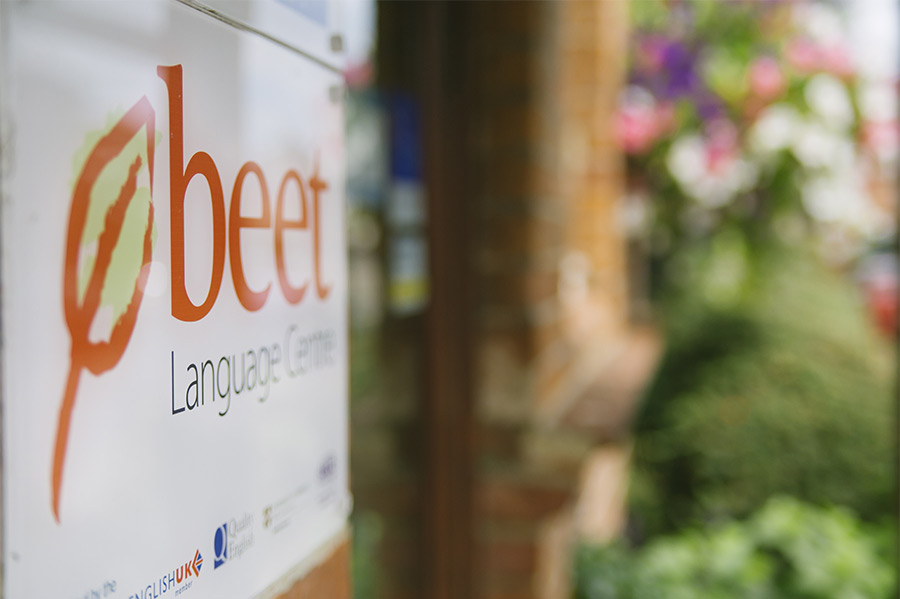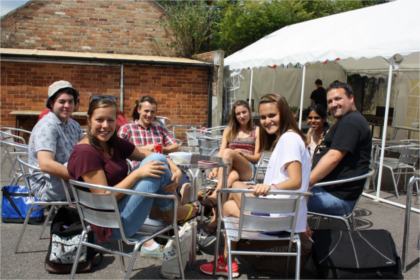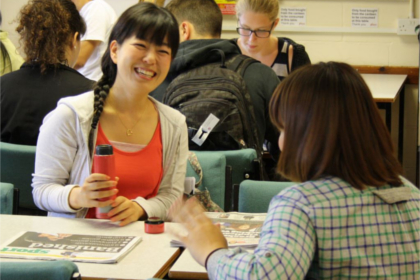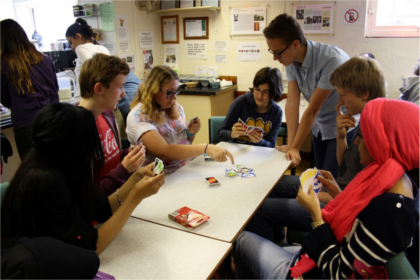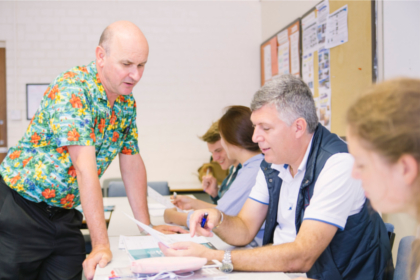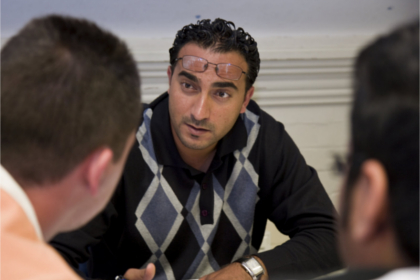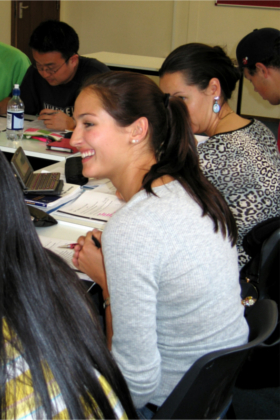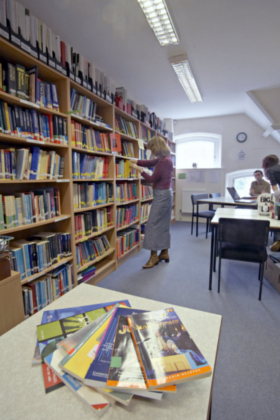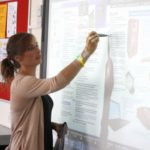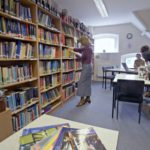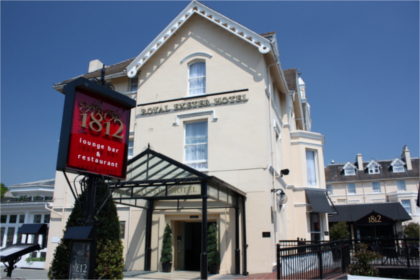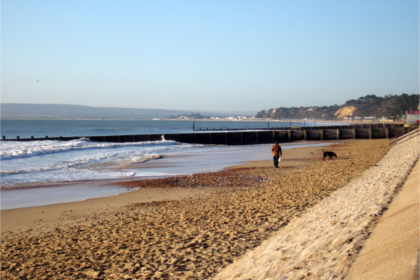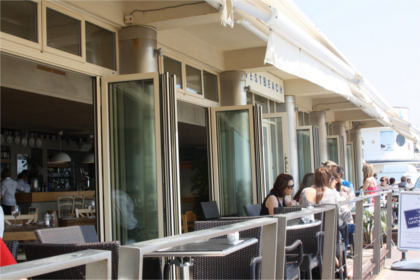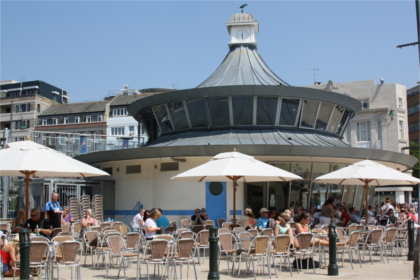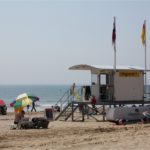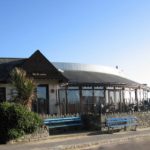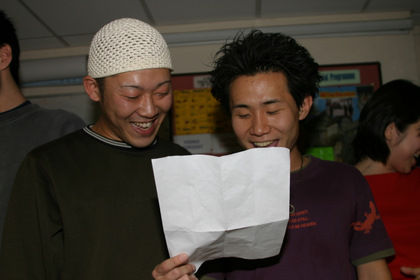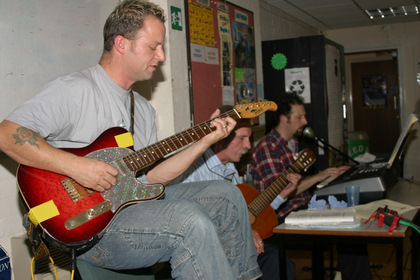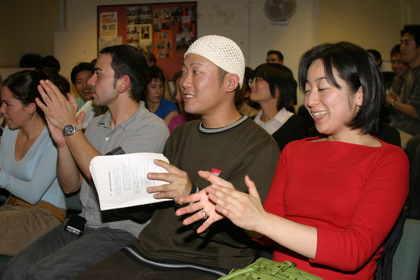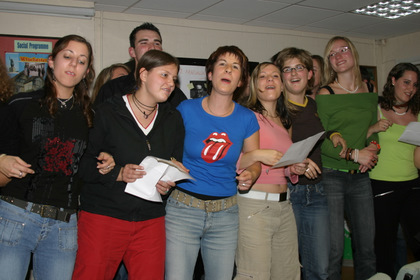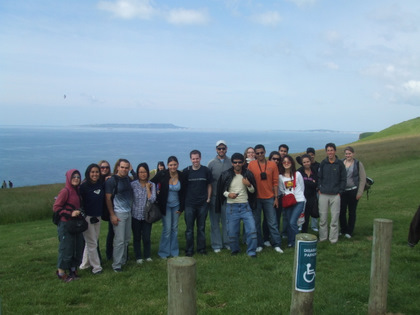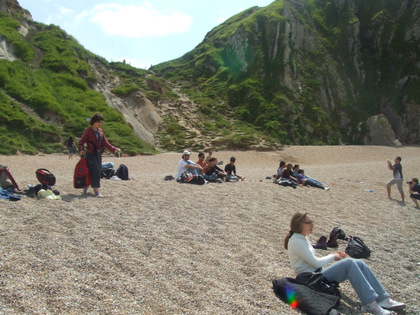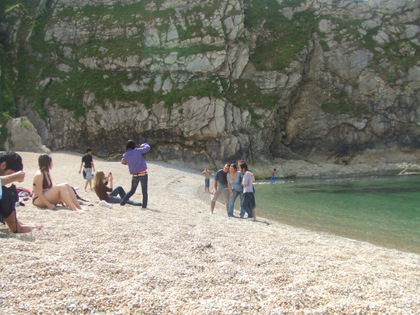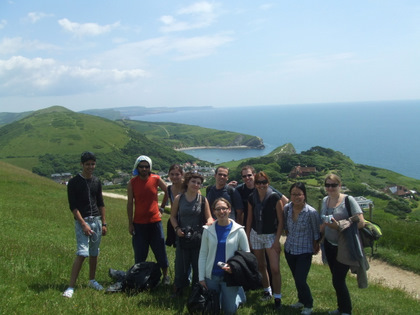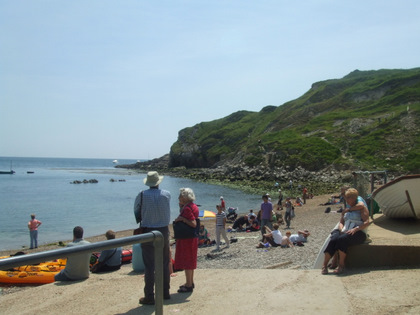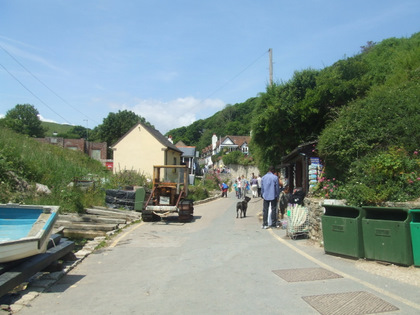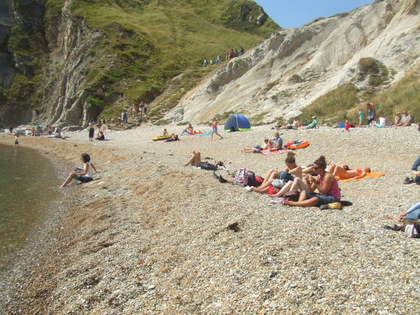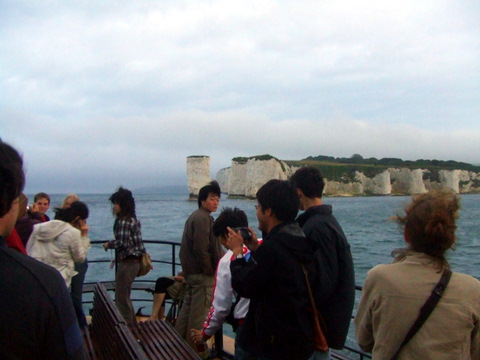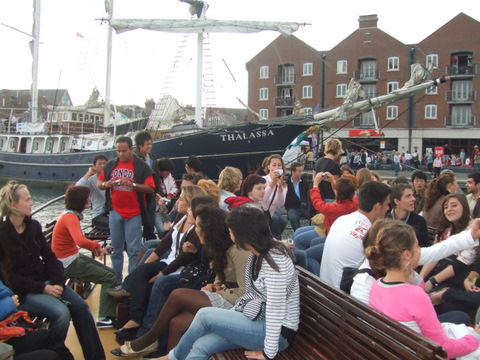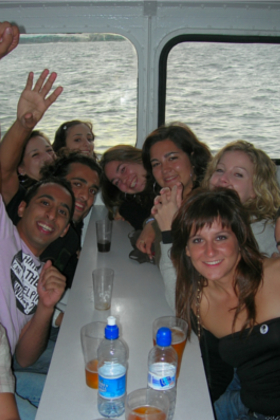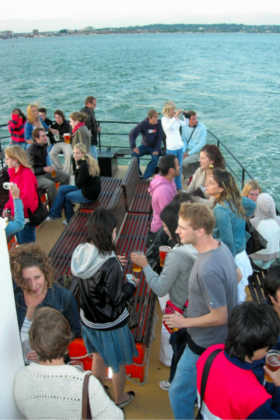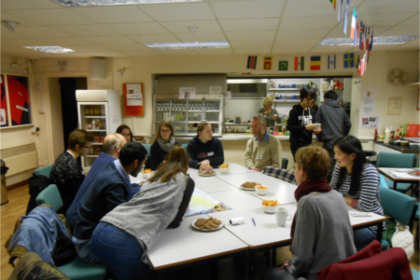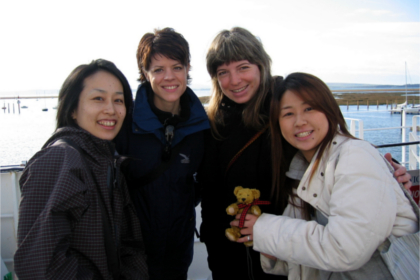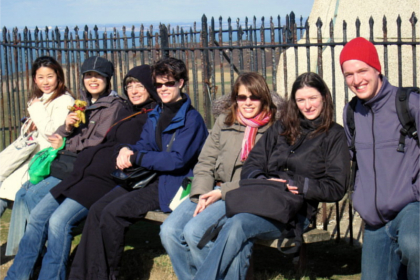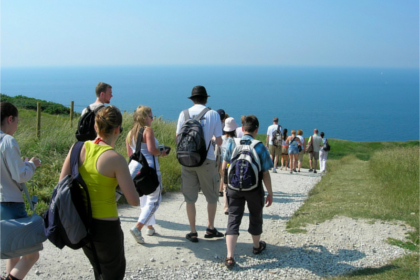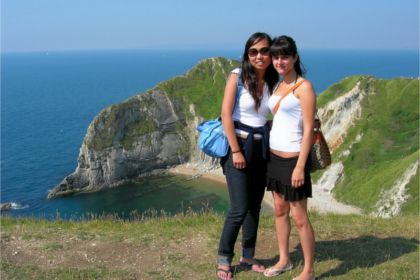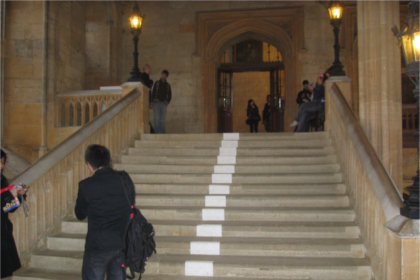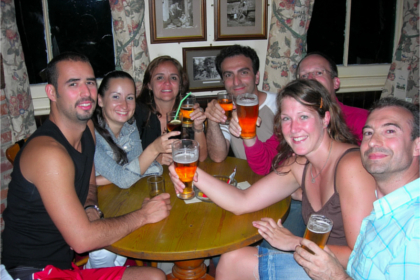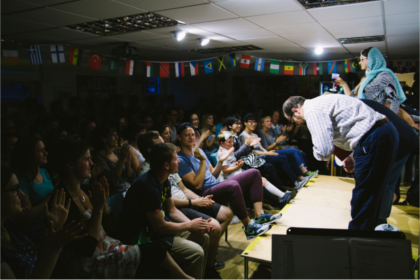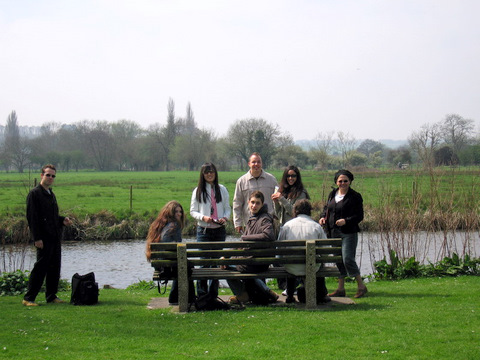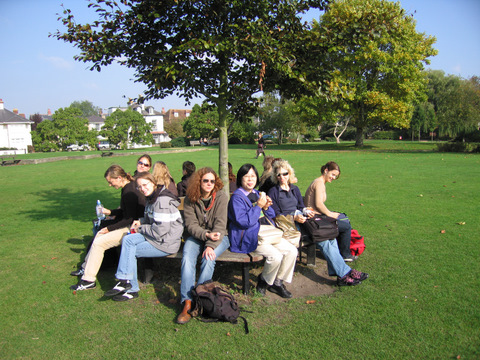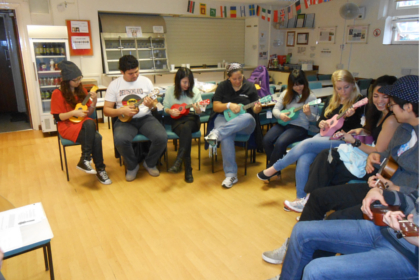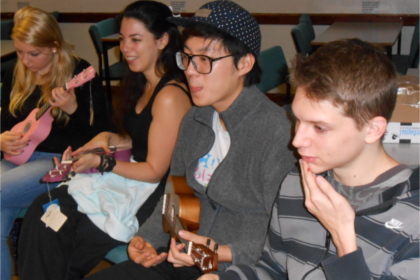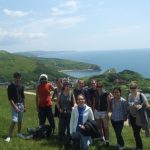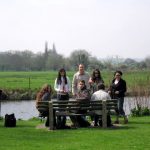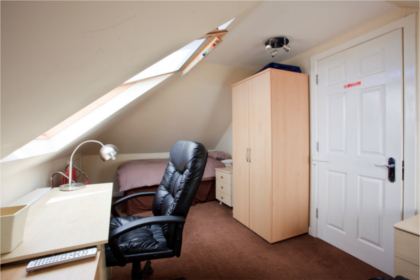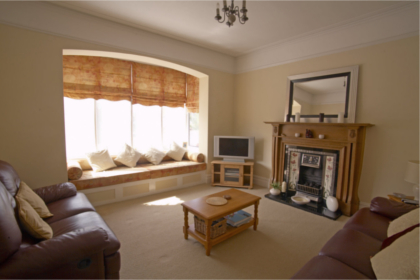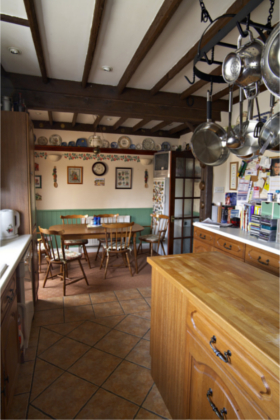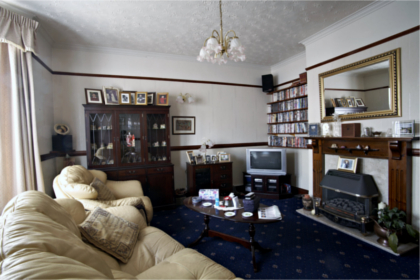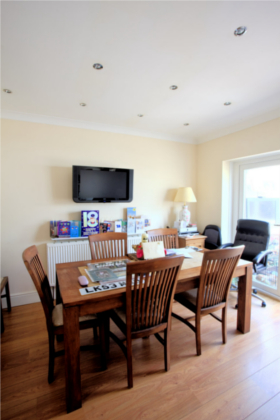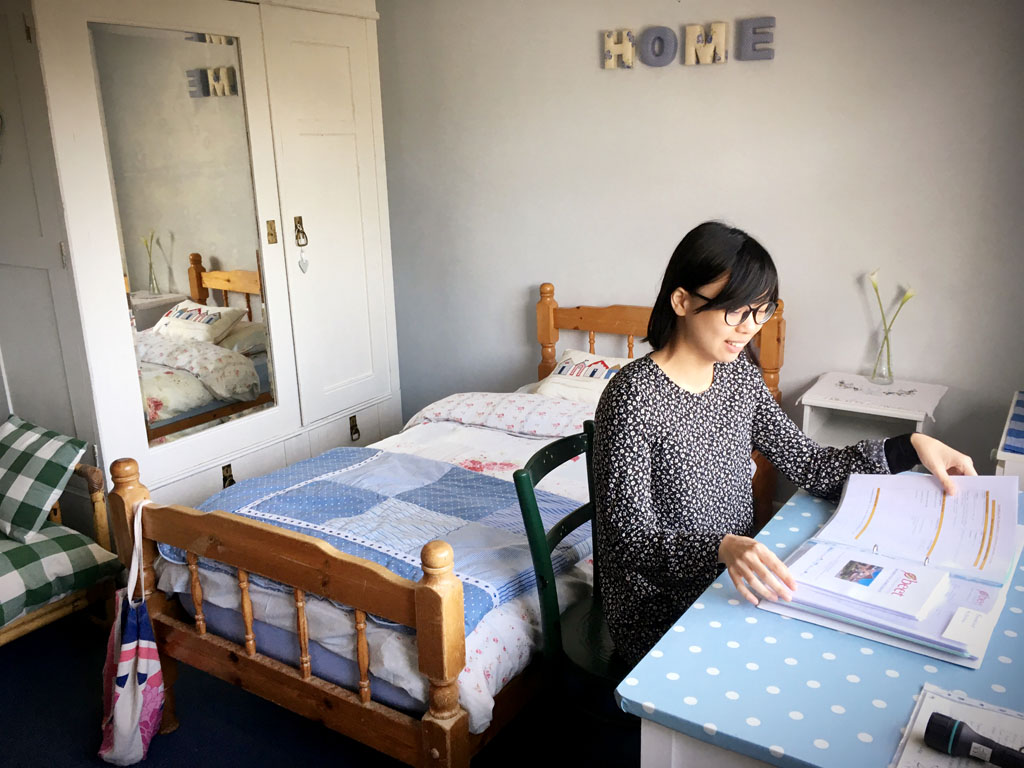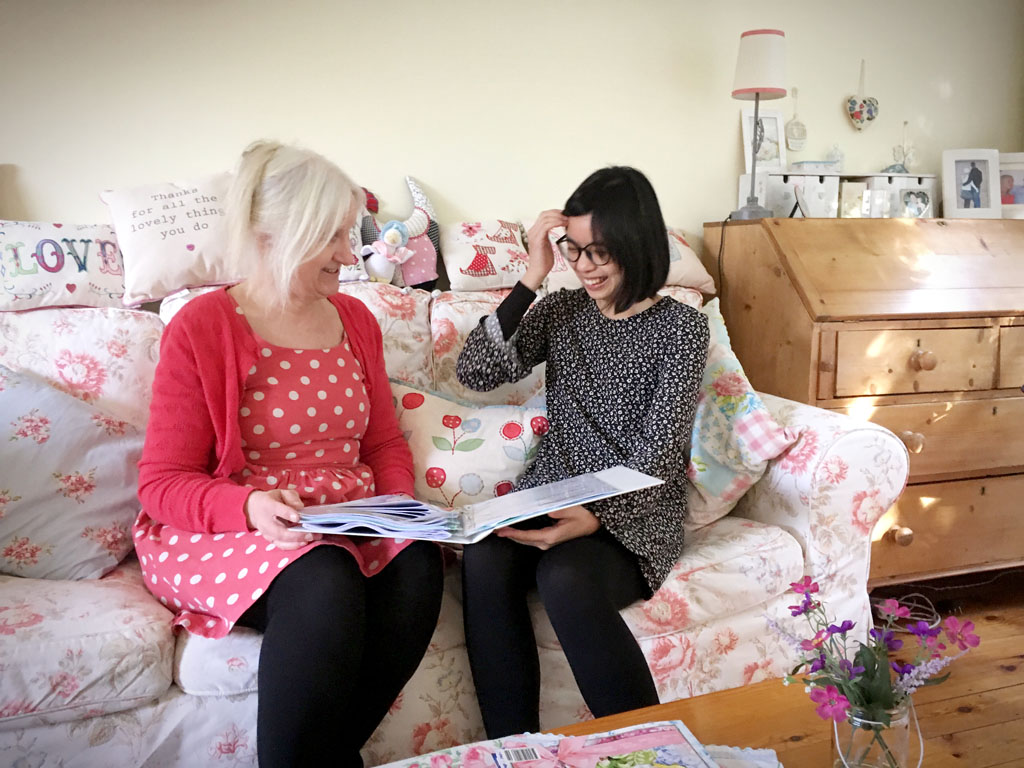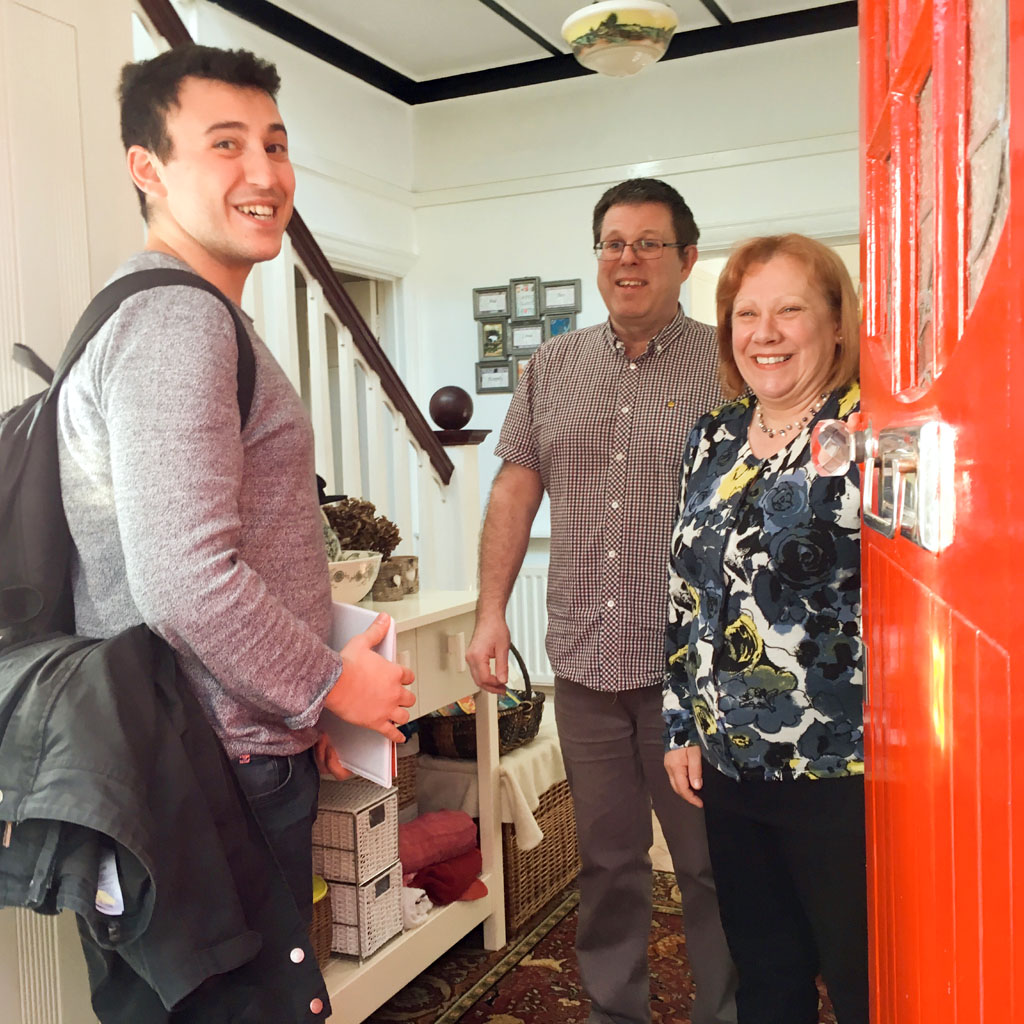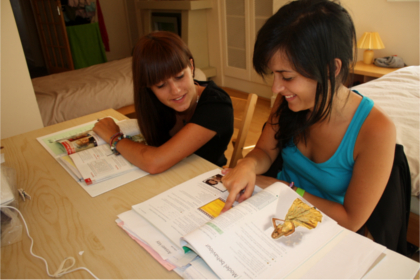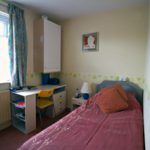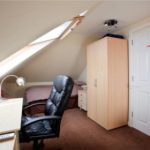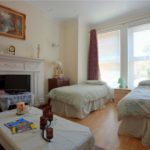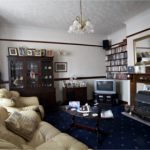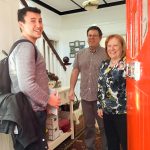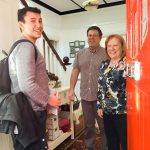Health and Safety Policy and Procedure
Premises
This policy applies to activities at BEET Language Centre, Nortoft Rd, Bournemouth BH8 8PY, and activities organised by the school off premises.
Policy Statement
BEET Language Centre undertakes to:
- provide adequate control of the health and safety risks arising from its work place activities
- involve and consult where possible its employees on matters affecting their health and safety
- provide and maintain safe equipment
- provide information, instruction and supervision for employees
- ensure all employees are competent to do their job and give them adequate training
- prevent accidents and cases of work-related illness
- maintain safe and healthy working conditions
- review and revise this Health and Safety Policy as necessary at regular intervals.
Responsibilities
Responsibility for health and safety is firstly that of the Principal or, in his absence, the Director of Studies. Each head of department is responsible for ensuring that risks in their department are identified and communicated to the Principal. In addition, the Site Manager is responsible for ensuring regular testing and recording of fire safety equipment and evacuation drills. It is, however, the responsibility of each member of staff to follow the health and safety procedures to ensure that the standards are maintained.
Employees’ responsibility
All employees have a legal responsibility to take care of their own health and safety at work, take care of the health and safety of others, co-operate with their employer, report dangerous situations to their line manager or the Principal and not misuse or interfere with anything provided for health and safety purposes.
Students’ responsibility
It is the responsibility of the students to cooperate with the staff and management of the school to achieve a safe learning and working environment and to take reasonable care of themselves and others.
Policy and Communication
The Health & Safety policy will be reviewed on an annual basis by staff, heads of department and the Senior Management Team. Health & Safety is on the regular agenda at the monthly management meeting.
Accidents and Incidents
All accidents occurring on site requiring first aid treatment are to be recorded in the Accident Book (Room 3). The following details of all accidents or near misses must be noted in the Accident Book:
- Name of injured person
- Type of injury
- When, how and where it occurred
- The name of the person in charge
- The treatment given
- Where the accident or incident involves a student this information should also be added to the student profile on the enrolment system.
- Under RIDDOR ‘Reporting of Injuries, Diseases and Dangerous Occurrences Regulations’ any major injury or condition which has occurred during the course of work must be reported to the local Health & Safety Executive.
In addition, incidents and near misses must be reported to the line manager or duty manager, who will relay any serious incidents to the Principal. The Accident Book is reviewed annually by the Senior Management Team to ensure no pattern of incidents has arisen which call for a strategic response.
In the case of reported accidents to students these must be recorded on the incident page on the student record in the enrolment system and the parent/agent notified.
In the case of serious accident or illness requiring urgent or immediate medical attention the nearest local hospitals are:
Bournemouth Hospital – 01202 704167
Poole Hospital – 01202 442202
In an emergency an ambulance should be called by dialling (9)999. If unable to connect to 999, staff should call (9)112.
In less serious circumstances a local doctor or medical clinic may be attended and arrangements made through the Accommodation and Welfare team.
In all cases of accident or illness to a student aged under 18, a parent or guardian, host family and agent will be contacted and the same will apply to 18+ yrs students if deemed necessary.
Risk assessments
Risk assessments are carried out in all buildings and documentation recording these checks is held by the Principal. Risk assessments are also carried out for all activities organised by the school, whether on or off premises. These risk assessments are reviewed annually.
Any machine, piece of equipment or substance that could potentially cause harm to anyone on the premises and, as such, any potential hazard, should be brought to the attention of the Principal and anyone else who may come into contact with the hazard.
Premises General
BEET Language Centre adheres to the following standards:
- Should anyone be aware of problems in any area, they should contact the Principal or the next senior member of staff
- The premises, floors and stairs, furniture and fittings are cleaned regularly and all dirt, dust, refuse and waste removed
- Toilet supplies of paper and soap are provided and regularly checked, and special arrangements are made for the removal of sanitary waste Supplies and equipment are stored safely and away from public areas.
- All light bulbs and fluorescent tubes will be replaced as necessary to ensure adequate lighting at all times
- All electrical portable equipment is regularly checked (P.A.T.) in accordance with risk assessment regulations
- Staff should report any damaged or frayed cables, broken sockets or plugs or any other electrical appliance that is not functioning correctly Regular maintenance of photocopiers is in place and staff should report any photocopying problems to the staff at reception.
First Aid
Beet Language Centre will undertake to ensure compliance with the relevant legislation with regard to the provision of first aid for all employees and students at the school. Responsibility for first aid at Beet Language Centre is held by the Principal. All staff are obliged to follow and cooperate with the requirements of this policy.
We will seek to implement the policy by:
- Carrying out a first aid needs assessment as part of the health and safety assessment to determine the first aid provision requirements for the Beet premises
- The first aid needs assessment will be reviewed periodically or following any significant changes in staff, student or premises that may affect first aid provision
- Ensuring that there is a sufficient number of trained first aiders on duty and available given the numbers of people on the premises, and in view of the risks associated with any activity organised by the school
- Ensuring that there are suitable and sufficient facilities and equipment available to administer first aid
- Ensuring the above provisions are clear and shared with all who may require them
First Aid Staff
The school will have 3-4 members of staff who hold ‘First Aid at Work’ certificates issued by St John’s Ambulance. These first aiders will be responsible for administering first aid, in accordance with their training, to those that become injured whilst at work or on the premises.
‘Emergency First Aid at Work’ training is periodically offered to other staff. Typically about ten other members of staff hold this certificate at any one time.
First Aid Boxes
First aid kits are located in:
- Accommodation & Welfare Office
- Reception
- Canteen
It is the responsibility of the Accommodation and Welfare Manager to check the contents of all first aid kits every 6 months and record the findings of the check list in the kit itself. The Accommodation & Welfare Manager is responsible for ensuring that the contents of the first aid box conform to statutory requirements and those additional requirements deemed necessary by the school.
Bodily fluid kits are located in the kitchen storage area and the staff toilets.
Responding to a First Aid Incident
First aiders are to take charge of the first aid administration/emergency treatment according to their training. Following their assessment of the injured person, they are to administer appropriate first aid and make a balanced judgement as to whether there is a requirement to call for an ambulance.
An ambulance should always be called in the event of:
- A serious injury
- Any significant head injury
- A period of unconsciousness
- A suspected heart attack or stroke
- Where the possibility of a fracture is suspected
- When the first aider is unsure about the severity of injuries
- When the first aider is unsure of the correct treatment
If an ambulance has been called, the Principal must be informed.
In all cases and in the event of an accident to a student under 18, where appropriate, it is policy to always notify the parents of the child if it:
- Is considered to be serious (more than minor) injury
- Requires first aid treatment
- Requires attendance at a hospital
Parents will be contacted by attempting all known phone numbers and email and agents of students will also be notified.
If hospital treatment is needed, a member of staff or adult member of the homestay family will accompany the under-18 student to hospital and remain with them until such a time as it is considered safe to leave the student in the hospital, or until such time as suitable alternative arrangements are in place.
If a student has sustained a minor injury and a member of staff feels it would be appropriate to offer that student a lift home in their car or accompany them on foot to their homestay or student house, a senior manager should be contacted beforehand to verify that it is appropriate to do so.
Responsibilities
The overall and final responsibility for health and safety rests with the Directors of BEET Language Centre Limited. However, the day-to-day responsibility for putting this Health and Safety Policy and Procedure into practice is delegated to a Health and Safety Officer, currently the Principal. All BEET Language Centre Directors and Managers share the responsibility of providing an environment that complies with this Health and Safety Policy and Procedure.
All employees must:
- co-operate with their Line Managers and BEET Language Centre’s Senior Management on health and safety matters;
- not interfere or remove anything that has been provided to safeguard their health and safety;
- take reasonable care of their own health and safety; and
- report all health and safety concerns to their Line Manager or to BEET Language Centre’s Senior Management.
Risk Assessments
Risk assessments are carried out by the Health and Safety Officer (the Principal) in conjunction with departmental managers. Any actions required to remove or control the identified risks are approved by the Principal or referred to the Board of Directors. It is the Health and Safety Officer’s responsibility to ensure that the actions are implemented in a timely manner.
Risk assessments are carried out annually or when the work activity or work location changes, whichever is the soonest.
Employee Involvement
As BEET is a small organisation, all employees are responsible for highlighting and dealing with potential health and safety risks. If anyone spots anything that they believe poses a risk to an employee, contractor or visitor to BEET Language Centre, then they must notify the Health and Safety Officer, their Line Manager or BEET Language Centre’s Senior Management as soon as possible.
Where practical, all employees are consulted on any changes to health and safety practices.
Information and Instruction
Information is available from the Health and Safety Executive at http://www.hse.gov.uk
Further advice is available from the Health and Safety Officer, who is responsible for ensuring that all contractors or visitors to BEET Language Centre are given any necessary health and safety information.
Training
Induction training, including information on Health and Safety, will be provided by each employee’s Line Manager or the Principal in their first week of employment. At this stage any specific training required to allow the employee to do their job safely will be identified and arranged. Training records will be kept in each individual’s personnel file.
Monitoring
The Principal will, where necessary, investigate accidents or work-related absences and ensure that any measures required to prevent their re-occurrence are taken.
Reviewed May 2021 – DC


